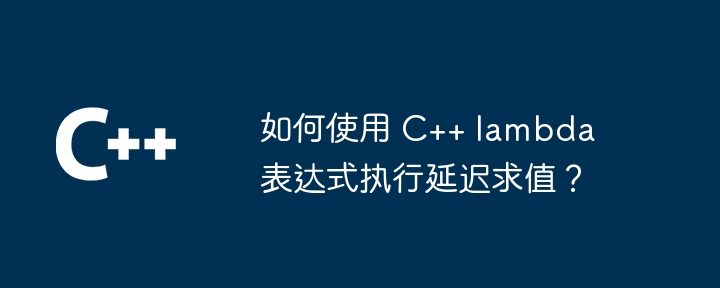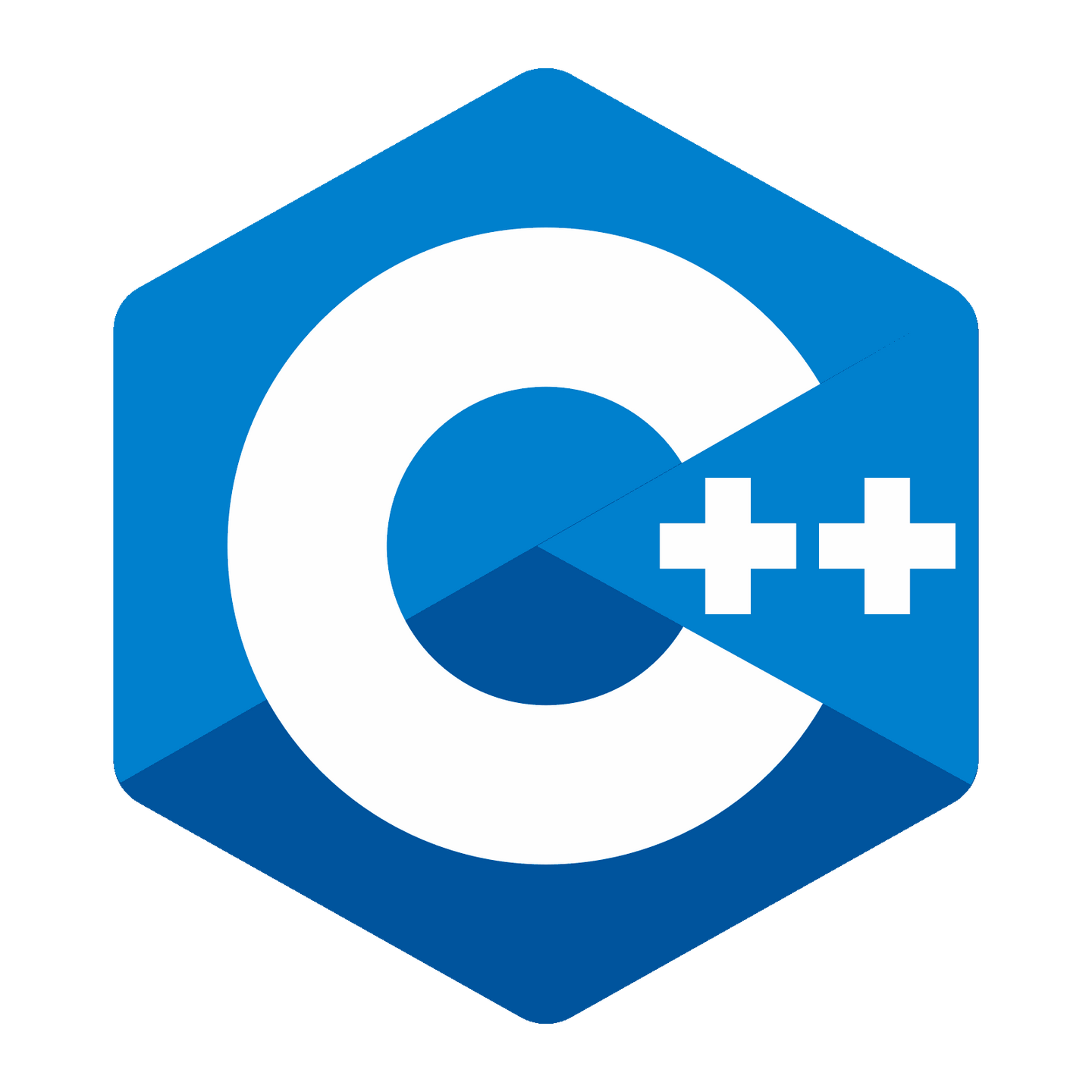如何使用 c++++ lambda 表达式执行延迟求值?使用 lambda 表达式创建延迟求值的函数对象。延迟计算推迟到需要时才执行。仅当需要时才计算结果,提高性能。

如何使用 C++ lambda 表达式执行延迟求值
延迟求值是指推迟计算表达式的结果,直到需要时才计算。这在某些情况下很有用,例如当表达式的计算很昂贵并且结果一开始并不需要时。
C++ 中可以使用 lambda 表达式来实现延迟求值。lambda 表达式是匿名函数对象,允许在代码中创建内联函数。
立即学习“C++免费学习笔记(深入)”;
语法
lambda 表达式的语法如下:
[capture list] (parameter list) -> return type { function body }实战案例
考虑以下示例,它演示了如何使用 lambda 表达式实现延迟求值:
#include <iostream>
#include <vector>
#include <algorithm>
int main() {
// 创建一个包含一些数字的向量
std::vector<int> numbers = {1, 2, 3, 4, 5};
// 使用 lambda 表达式创建延迟求值的函数对象
auto square = [numbers](int number) {
std::cout << "计算 " << number << " 的平方" << std::endl;
return number * number;
};
// 打印每个数字的平方
std::for_each(numbers.begin(), numbers.end(), square);
return 0;
}输出
计算 1 的平方 1 计算 2 的平方 4 计算 3 的平方 9 计算 4 的平方 16 计算 5 的平方 25
在这个示例中,square lambda 表达式负责计算每个数字的平方。但是,实际计算被延迟到 std::for_each 调用时才执行。这意味着只有当需要时才计算平方,这可以提高性能。
以上就是如何使用 C++ lambda 表达式执行延迟求值?的详细内容,更多请关注php中文网其它相关文章!

c++怎么学习?c++怎么入门?c++在哪学?c++怎么学才快?不用担心,这里为大家提供了c++速学教程(入门到精通),有需要的小伙伴保存下载就能学习啦!

Copyright 2014-2025 //m.sbmmt.com/ All Rights Reserved | php.cn | 湘ICP备2023035733号